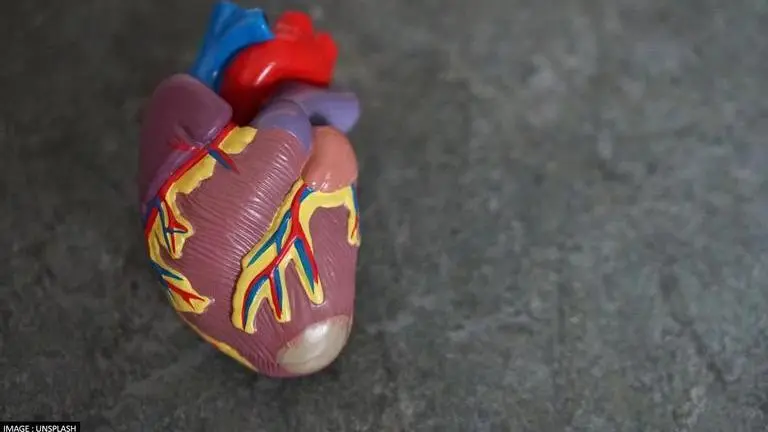Updated 3 October 2021 at 00:15 IST
New study reveals how single dose of radiation therapy can turn human hearts 'younger'
Experts involved in the research found that this renovation of the heart can replace harsh procedures performed on the heart to fix its electrical problems.
- Lifestyle News
- 2 min read

New research has revealed that just a single dose of radiation therapy, which doctors use for treating cancers, can reprogram the hearts of patients, making them healthier than before. Published last month in the journal Nature Communications, experts of the study found that the procedure starts showing its effects in a few days or weeks and lasts for two years after the therapy.
Findings of the study
A report by Mahoning Matters suggested that renovating the heart into its younger self was possible as the heart muscle cells began expressing new genes due to the radiation treatment. The researchers found that these genes were particularly involved with a pathway called “Notch”, which is important for the formation of the heart’s electrical system during early development.
Experts say that radiation treatment activates Notch, which results in an increase in the number of sodium ion channels in the heart. It is considered better to have a higher number of sodium ion channels in the heart as they decide how normal a heart will beat.
Besides, adults also have a low number of sodium ion channels since Notch is usually turned off in adult hearts. In simple terms, the radiation therapy activates the Notch, which in turn increases sodium ion channels, thus resulting in heart functions similar to what is observed in young people.
Advertisement
Patients will get rid of invasive therapies
The findings of the new study are also significant as the patients can avoid a procedure called catheter ablation, which is the usual treatment for refractory ventricular tachycardia (VT). Experts involved in the research found that this renovation of the heart can replace harsh procedures performed on the heart to fix its electrical problems, which cause irregular heartbeat also known as arrhythmia.
As per Mahoning Matters’ report, the study focused on patients suffering from a condition called VT and several experiments were performed on donated hearts from people who died or received transplants.
Advertisement
Further research on laboratory mice also proved that a lower dose of radiation starts working just days after the therapy and can provide shorter and noninvasive help to people living with a wide range of cardiac arrhythmias.
(Image: Unsplash)
Published By : Harsh Vardhan
Published On: 3 October 2021 at 00:15 IST
